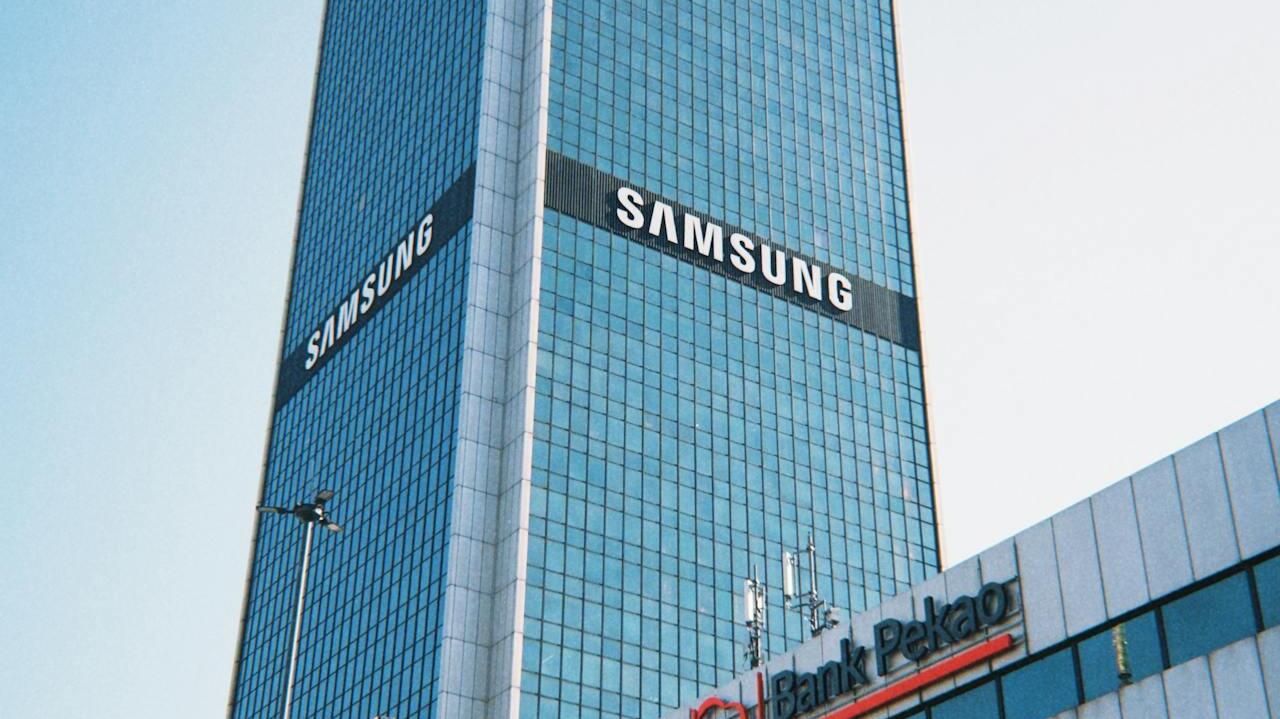Samsung Electronics has issued an apology after warning that its third-quarter profit will fall short of market expectations, citing delays in its AI chip business and heightened competition from Chinese chipmakers.
The South Korean tech giant, which has long been the world's largest memory chipmaker, has struggled to keep pace with its rivals, particularly in supplying high-end chips to Nvidia, a key player in the booming AI sector.
Samsung estimated an operating profit of 9.1 trillion won ($6.78 billion) for the three months ending September 30, falling below analysts' expectations of 10.3 trillion won. This compares with 10.44 trillion won in the previous quarter and 2.43 trillion won in the same period last year.
The weaker-than-expected results led Jun Young-hyun, Vice Chairman of Samsung's Device Solutions Division, to issue an unprecedented apology.
"I am sorry for not meeting market expectations, causing concerns about our fundamental technological competitiveness and the company's future,” Jun said, taking responsibility for the company's weak results. He promised to lead efforts to turn around Samsung's fortunes, calling the third-quarter performance a potential turning point.
This marked the first time Samsung's top leadership has issued a separate statement alongside an earnings report, reflecting growing concern over the company's declining stock and competitiveness.
Jun, who assumed his role in May, outlined a three-part strategy to restore Samsung's technological leadership. He emphasised restoring core technological strength, preparing more thoroughly for future trends, and innovating the company's organizational culture and processes.
"Technology and quality are our lifeblood and the pride of Samsung Electronics. We cannot compromise on them," Jun stressed, promising a focus on securing long-term competitiveness over short-term fixes.
Lagging in AI Chip Market
Samsung’s struggles in the AI chip market have heightened concerns over its ability to compete with smaller rivals like SK Hynix. The latter has been quicker to supply Nvidia with high-bandwidth memory (HBM) chips, which are in high demand for AI servers and other applications. Samsung’s delay in delivering its latest HBM3E chips to a major customer has been a key factor in its weaker performance.
Earnings in Samsung's semiconductor division have also been hit by increased competition from Chinese manufacturers, who have ramped up production of conventional chips. Analysts note that Samsung’s late entry into the AI chip market has left it more reliant on lower-margin products, making it vulnerable to slowing demand for smartphones and PCs.
Racing to Catch Up in AI Chip Market
Samsung is facing increased pressure as the global semiconductor market recovers from last year’s downturn, largely driven by demand for chips in AI devices and servers. However, demand for conventional chips used in smartphones and PCs remains weak.
Samsung has been scrambling to keep pace with smaller rival SK Hynix in supplying high-bandwidth memory (HBM) chips to Nvidia, a leader in AI chip design. While SK Hynix now generates more than half of its revenue from HBM and high-value server DRAMs, Samsung’s portfolio still relies heavily on smartphone and PC DRAMs.
